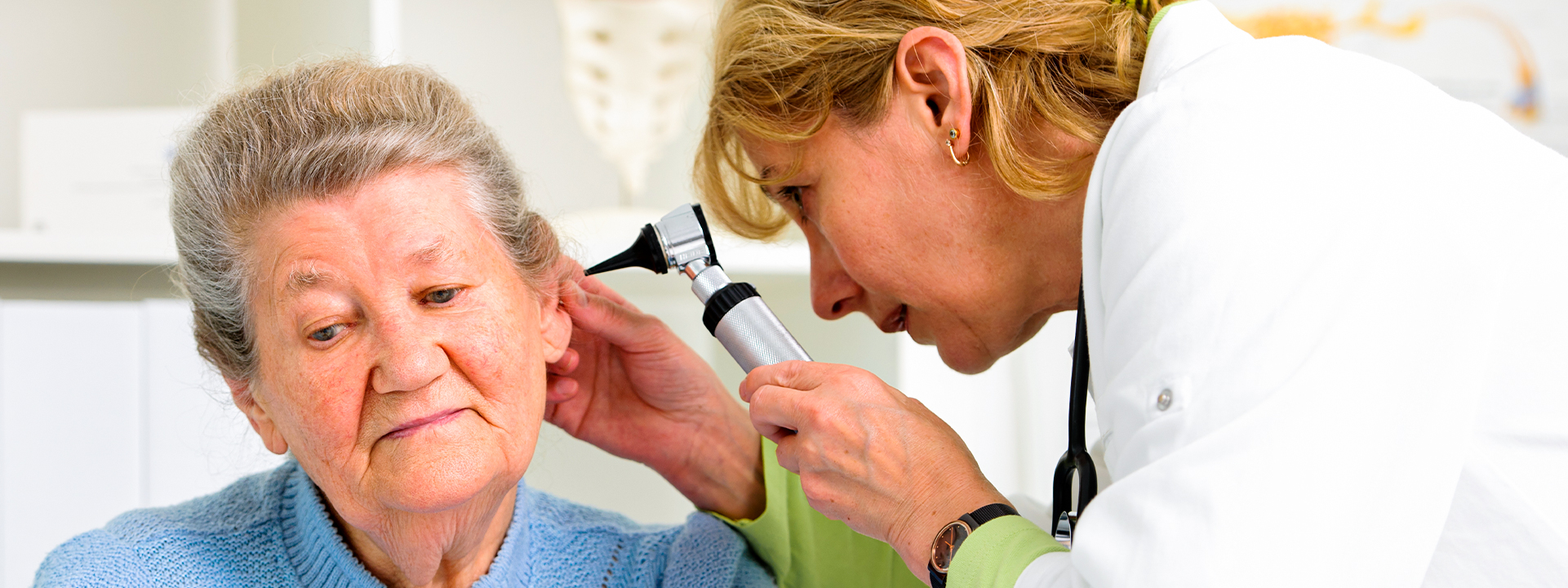If you’re experiencing hearing loss, you’re not alone. In the United States, hearing loss is the third most common chronic physical condition after high blood pressure and arthritis. Depending on the answer as to why you’re experiencing hearing loss will determine if prevention is available or if you’ll need to seek specific hearing loss treatments.
How to Prevent Hearing Loss
When it comes to hearing loss prevention, the first place to begin is to understand why it’s happening. Typically, hearing loss is associated with our place of work or entering our later years in life and, sometimes, it’s hereditary.
If you’re already experiencing hearing loss symptoms, it may be time to seek a specialist. View our locations around Northern Nevada for more information about scheduling an appointment.
How to Prevent Hearing Loss in General
These are few golden rules one can take to aid in the prevention of hearing loss:
- Avoid loud noises. Noise measuring at 85dB or higher can be harmful. Smartphone apps are available to measure noise levels but do require calibration first to be effective.
- Take care of your hearing when listening to music. Use noise-cancelling headphones. Keep the volume reasonable. Take 5-min breaks every hour or so.
- Wherever you are, if it’s noisy, move farther away from the source of noise. Wear protective gear, like earplugs. Take breaks every 15 minutes by stepping away.
How to Prevent Hearing Loss in The Workplace
Noise-induced hearing loss (NIHL) is all too common for many. The good news is that NIHL is one of the most preventable types of hearing loss. Here are a few ways to protect yourself against noise-induced hearing loss:
- Block the noise (wear earplugs or earmuffs)
- Avoid the noise (put hands over ears if you can’t walk away)
- Turn down the volume
How to Tell if it’s Too Loud in Your Workplace
Understanding the signs that it’s too noisy at your job is a great way to take the right steps to preventing hearing loss. These are a few signs that your workplace environment is too loud:
- Forced to speak louder to be heard when close to others
- The volume of noise is hurting your ears
- Experiencing a buzz, ringing, or muffled sound in your hearing
- Your hearing takes several hours to normalize again after work
How to Prevent Hearing Loss in Later Life
As we age, we grow more aware of our varying health and look for preventative measures to maintain our health as best as we can. Hearing loss is no different. Here are a few ways to work in preventative measures to your everyday life:
- Loud noise avoidance. If you can physically remove yourself from the source of the loud noise, do so.
- Personal hygiene. Avoid using cotton swabs to directly enter your ear to remove earwax. Ask your doctor about other methods to help keep your ears clean that won't have an adverse effect on your hearing.
- Blow your nose carefully. Keep both nostrils open when blowing your nose. If traveling in an airplane or a car ride over high altitudes, be sure to swallow and yawn often to keep your ears safe.
- Keep your medical conditions at bay as best as possible. This goes without saying, but other health issues can have an impact on your bodily functions, such as hearing.
- Although rare, if you’re experiencing hearing loss and on certain medications, it’s worth asking your primary care physician. Speak with your doctor to fully understand your medication(s) and it’s potential impact on your hearing.
Book a Consultation
To book a consultation or to see if our team can help you find the best way to improve your hearing, please call and schedule an appointment at one of our three locations.
